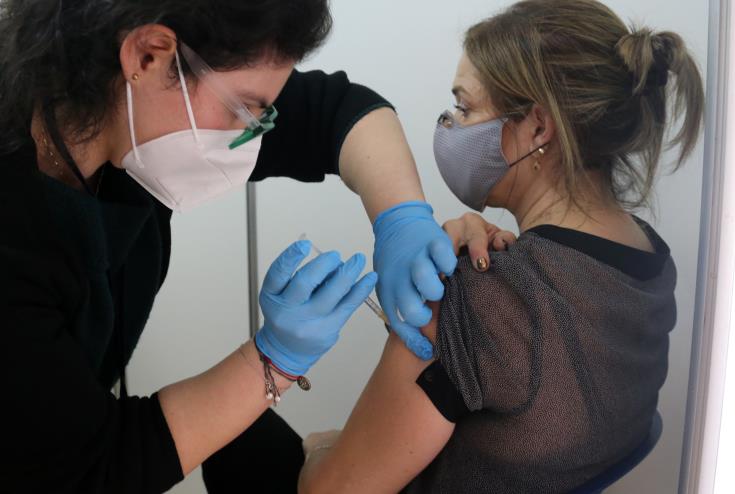Cyprus’ Health Ministry has asked experts to recommend whether children and teenagers should roll up their sleeves for a COVID-19 shot, but some scientists have rejected the thought altogether.
According to media reports, the team of scientists advising the government will be discussing the matter this week, with some scientists already arguing that inoculating children should not be a priority.
Meanwhile, the World Health Organization said vaccinating children against coronavirus is not an urgent priority, stressing that authorities should prioritise high-risk age groups.
WHO said countries should ensure that all states get their fair share of vaccines before moving to groups such as children who are not at risk of developing serious symptoms if they contract the virus.
Health Ministry advisor on the vaccination rollout, Dr Christos Petrou, told daily Phileleftheros that “vaccinating children should not even be on the agenda at the moment”.
“It is wrong to be focusing on whether we should be vaccinating children when we are not done with vaccinating people belonging to ‘productive’ groups, who are more likely to be infected with the virus and to pass it on to children”.
Petrou argued that people working in sensitive areas of the economy, such as tourism, should have been vaccinated as early as March, but this has not happened.
Heading the COVID-19 team advising the government, Dr Constantinos Tsioutis also disagrees with vaccinating teenagers.
He argued that vaccinating children should not be on the table for discussion.
“There is still a significant percentage of adult groups, with a higher risk of serious disease, which has not yet been vaccinated”.
Tsioutis said the was an ethical argument in not vaccinating children, while a large proportion of the planet does not have access to vaccines.
“Let us not forget there are countries with a much lower rate of vaccination coverage and if these countries are not covered to a satisfactory degree, neither the pandemic will come to an end, nor will we be safe from continuous transmission and the emergence of new variants.”
Petrou said scientists are concerned over the Indian (Delta) variant of coronavirus, as many of Cyprus’ populations have not been vaccinated.
In other countries where the Delta variant has become the dominant strain of the virus, it is infecting the unvaccinated.
“Currently, we do not have data on the spread of the variant in the community.
“We say we are taking measures at airports, but I am not convinced we are doing enough when it comes to the Indian variant.
“We need to be more careful when deciding what measures we introduce.”
So far, 62% of the population have received their first jab, with Cyprus’ vaccination rate among the highest in the EU.










